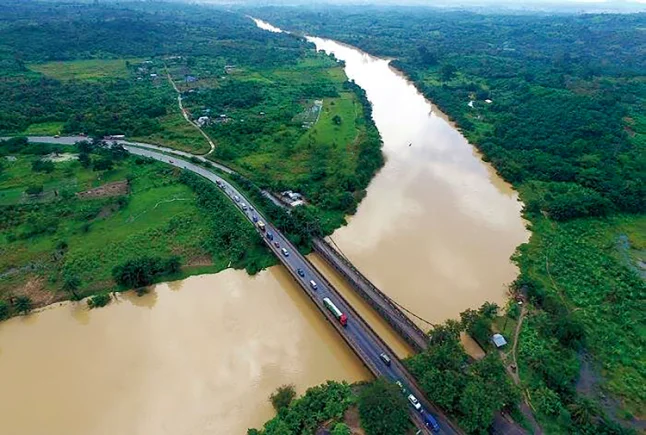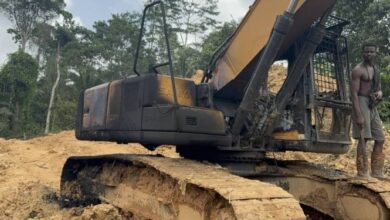Galamsey Fight Intensifies as EPA Boss Hits the Field
Prof. Klutse urges proactive monitoring and community collaboration to curb illegal mining and protect Ghana’s water resources

- Regional officers instructed to intensify monitoring against illegal mining
- Prof. Klutse highlights severe pollution caused by galamsey activities
- Chiefs and residents urged to report and prevent illegal mining
Prof. Nana Ama Browne Klutse, the Acting CEO of the Environmental Protection Authority (EPA), has called on regional and area officers to intensify field monitoring efforts to tackle the growing threat of illegal mining, commonly known as galamsey.
During a field visit to Beposo in the Western Region, Prof. Klutse stressed the need for hands-on monitoring to curb the pollution of water bodies, particularly the Pra River, which has been severely impacted by illegal mining.
“As CEO, I am out here on the field monitoring the effects of galamsey and water pollution firsthand. All regional and area office staff must join this mission to ensure compliance with environmental regulations,” she stated.
Standing by the polluted Pra River, Prof. Klutse highlighted its visible contamination caused by illegal mining activities upstream and urged decisive action.
“We’re here below the bridge at Beposo, and it’s evident that the Pra River is contaminated due to illegal mining activities. This pollution originates upstream in the Eastern Region and flows down to this area,” she explained.
She appealed to local communities and traditional authorities to play an active role in safeguarding water resources by reporting illegal activities and enforcing environmental protection measures.
“EPA is asking community members to report illegal mining in water bodies. Chiefs and elders must also exert their authority to protect rivers vital for domestic use,” she added.
The EPA boss’ call to action underscores the urgency of collective efforts in safeguarding Ghana’s natural resources from the devastating effects of galamsey.





